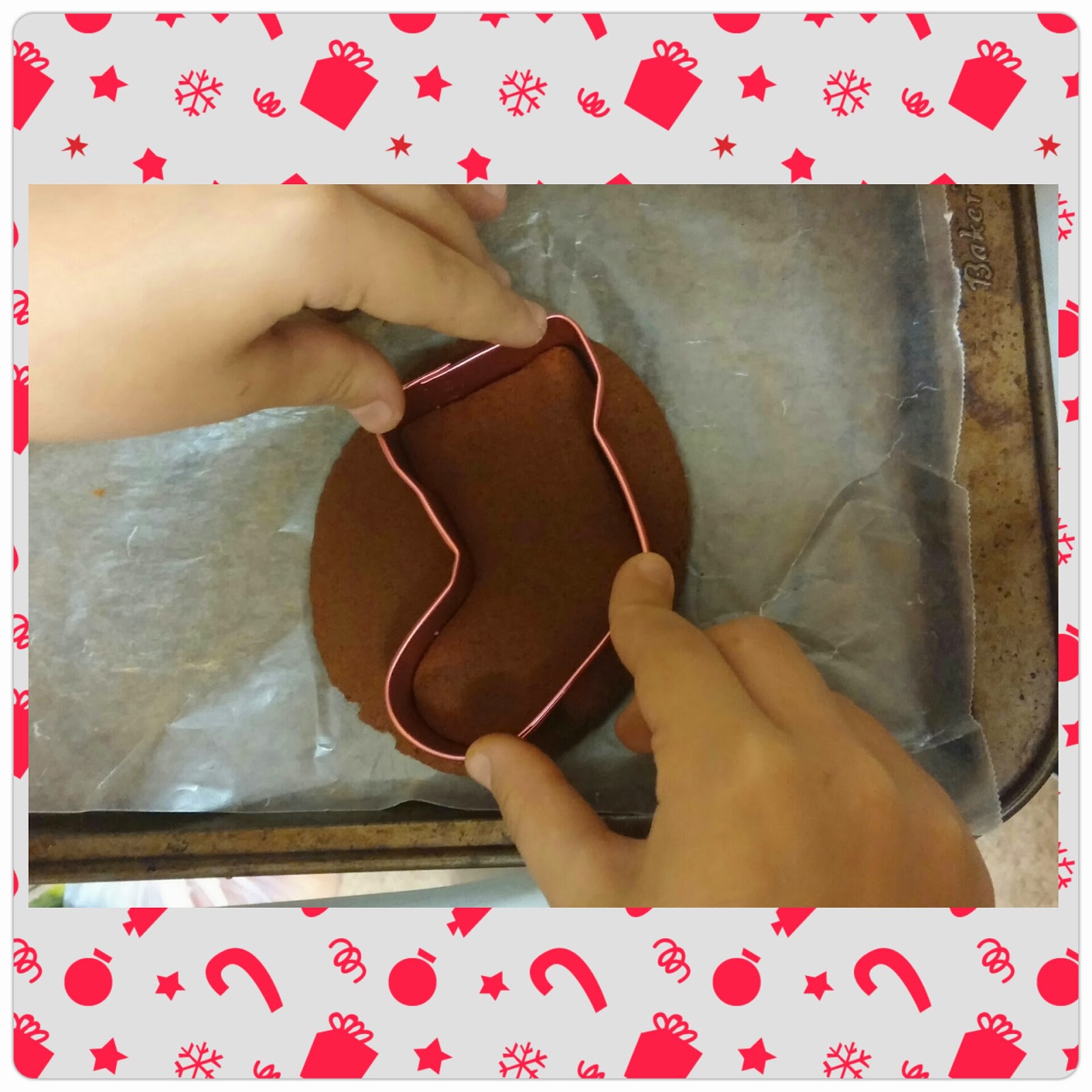 It's that time of year when many (MANY) mothers are pulling out the VICKS VapoRub to help their little ones breathe easier through the night. You just may want to think twice before doing it.
It's that time of year when many (MANY) mothers are pulling out the VICKS VapoRub to help their little ones breathe easier through the night. You just may want to think twice before doing it.
Have you actually read the list of active ingredients in this product? I have to admit that until my son was born, I really never did. I just took a look at the VICKS Baby Rub that I've used in the past on my children...mostly because they couldn't breathe easily when I had used the VICKS VapoRub. (My girls are now 8 & 10 and I had to use the baby brand back in Spring 2014 for the same reasons.)
VICKS VapoRub:
Active Ingredients: Label reads: Special Vick medications (camphor, menthol, spirits of turpentine, eucalyptus oil, cedar leaf oil, myristica oil, thymol) compounded by the original Vick process VICK CHEMICAL COMPANY Div of Richardson-Merrell Inc
VICKS Baby Rub:
Ingredients: Petrolatum, Fragrance, Aloe Extract, Eucalyptus Oil, Lavender Oil, Rosemary Oil.
Petrolatum, commonly known as petroleum jelly, is a byproduct of petroleum. Petrolatum is a soft paraffin or wax mixture sold as a topical skin ointment. It is acknowledged by the U.S. Food and Drug Administration as an approved over-the-counter skin protectant and is used in the manufacturing of cosmetic skin care. However the side effects of petrolatum include finding the petroleum byproduct in breast tumors, suffocation of the skin, premature aging and aggravated acne. (LiveStrong.com)
There is NO WAY that I am putting these products on the chest of my girls or son ever again. The U.S. already out ranks other countries with an astounding cancer rate...I don't want this to be something that is supposed to help but actually becomes part of a future problem for my children. I personally have thrown out the VICKS products and am taking a new approach this year to combat respiratory issues. A natural approach which has worked extremely well in the past month.
According to an article published in the Washington Post back in 2009, (yes, 2009!), there are serious concerns over the product actually causing more mucus to be produced and even inflammation. Neither of which we mothers want to have to worry about while trying to conquer the attacks against our little ones.
Dr. Daniel Craven, a pediatric pulmonologist at University Hospitals Rainbow Babies and Children's Hospital in Cleveland, said parents shouldn't use Vicks VapoRub, because it has no medicinal value and may even be dangerous.
"Previous research has failed to demonstrate any respiratory benefits of VapoRub, and conscientious pediatricians have thus usually tried to dissuade families from spending money on this and similarly ineffective therapies," Craven said. "Although the findings are someone limited, this study raises the possibility that this product may not just be ineffective, but possibly might have adverse respiratory consequences -- particularly if there is an intense exposure -- as when it is applied directly under the nostrils."
Aside from the threat of those issues becoming worse, who really wants to use petroleum on their child any more? Questions as to its safety have been raised over and over again. According to an article in The Huffington Post, you actually are suffocating your pores when applying it to your skin. It basically works like placing plastic over your skin to keep things in (moisture, dirt, grease, oils, etc.).
Homemade Chest Rub
Ingredients
1 tablespoon extra virgin coconut oil
2 drops Lemon essential oil
3 drops Eucalyptus essential oil
2 drops Lavender essential oil
(message me to get your oils)
Directions
Mix all ingredients together and rub into your chest and upper back.
Can be repeated as often as necessary.
DO NOT place into nostrils, mouth or ear canals.
You can double, triple or quadruple this recipe and store it in an airtight container, such as a baby food jar, for future applications.
References:
http://www.washingtonpost.com/wp-dyn/content/article/2009/01/13/AR2009011301089.html
http://www.huffingtonpost.com/2013/10/21/vaseline-petroleum-jelly_n_4136226.html
http://www.livestrong.com/article/226763-side-effects-of-petrolatum/













